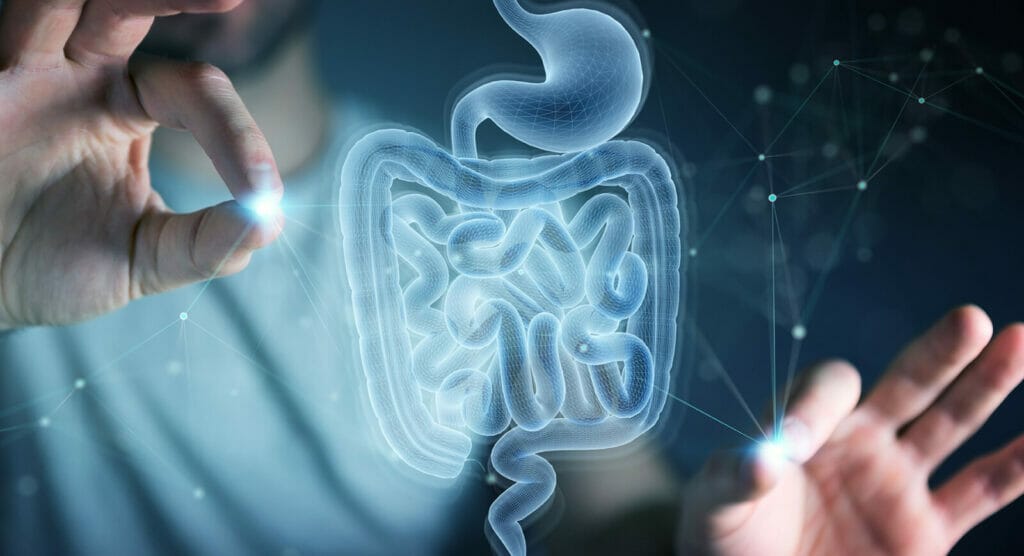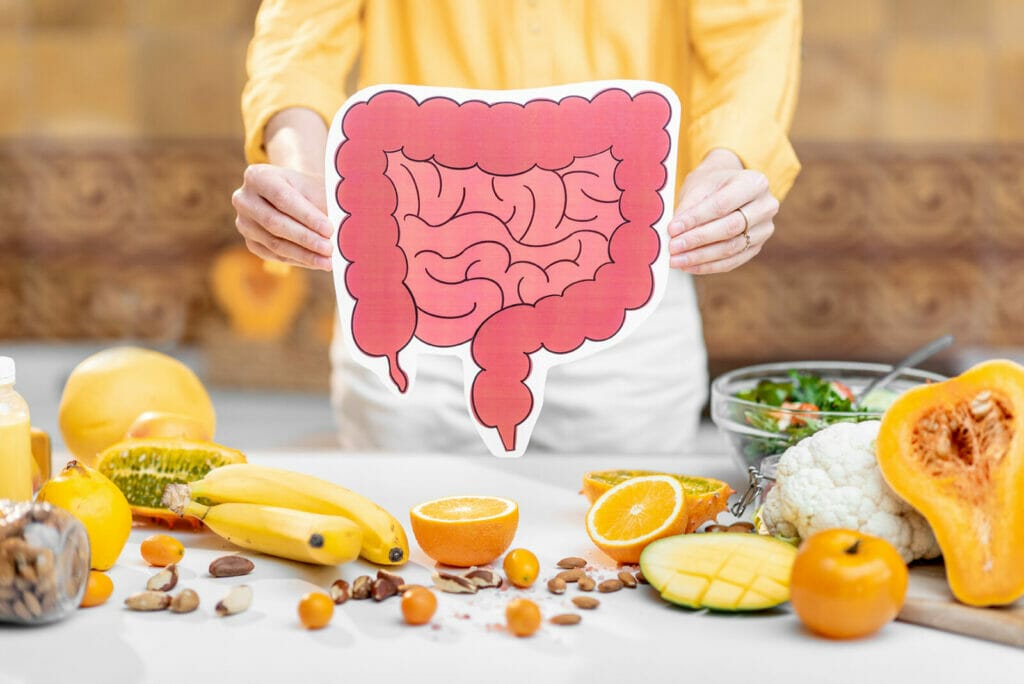Breaking the Taboo – Let’s talk about bowel health
Of the many conversations we have in life, the topic of bowel health and habits is unlikely to be one of them. For many, it is just too taboo, or a case of TMI (too much information)!!
Our bowels are one of our major eliminative organs that we really must pay close attention to, much like our early naturopaths and physicians did such as Hippocrates over 2000 years ago. They focused on bowel health as this is an organ which is prone to weakness and subsequent waste retention. When we are not eliminating fully, we are at more risk of health issues.
Bowel health and function
Today, many individuals are experiencing the breakdown of bowel function (as well as the rest of the digestive system) which has led to increasing numbers of IBS (irritable bowel syndrome), chronic constipation, colitis, diverticulitis, Crohn’s and bowel cancer.
The bowel, also known as the colon or large intestine can vary in length but the average is around 5ft (yes very long), it has many functions some of which include –
- Reabsorbs water and other remaining nutrients from foods, especially electrolyte minerals.
- Produces Vitamins.
- Home to trillions of microbes that play various roles including supporting immunity.
- Our microbes break down our waste foods, namely complex carbohydrates such as starches and fibre to create short-chain fatty acids (SCFA’s).

Waste and elimination
One major role of the bowel is to eliminate our solid waste as the end-product of digestion, ideally, 2-3 good bowel movements are needed daily for optimal bowel health.
Not only does the bowel eliminate food waste, but it also removes old hormones, dead blood cells, bacteria, and lymphatic waste within the faeces. Therefore, good regularity helps to reduce the microbial toxin load and the endotoxins that are present, all of which help to reduce the risk of infections and inflammation.
We also create fermentation and what our early naturopaths called putrefaction from old wastes in the bowel that if left can create a host of toxins passing into the body via the extensive blood vessels we find in the walls of the bowel.
We regularly brush our teeth, wash our hair, and wash our clothes and body yet we rarely give a second thought to what early naturopaths called internal cleansing or bathing, known as bowel or colon cleansing. The focus on bowel health should be seen as a high priority for optimal health, probably more so today.
Eating for optimal bowel health
Our food intake and lifestyle have changed dramatically over the years which can affect our digestion, especially bowel function. Poor food choices can irritate and speed up transit time with loose stools, or by slowing them down also known as constipation.
Diets high in refined carbohydrates, sugar, excess dairy, gluten, and alcohol can have negative impacts on the bowel, such as inflammation, excess mucous, altered Ph and gut ecology. This can all result in gas, bloating and altered bowel movements as these foods can leave behind a residue that builds up on the bowel wall creating mucous and becoming a breeding ground for pathogens.
If we consider what substances from food, drinks, and medications we may have taken in over our lifetime, we can truly understand that the bowel needs lots of help and support. Not only what we eat and drink, but also stress can trigger a response that may lead to an inflammatory response that can break down this highly active tissue. Some medication, dehydration, bile issues, insufficient stomach acid and pancreatic enzymes can also play a role in bowel dysfunction. Our intestinal mucosa, which is the innermost layer of the intestinal tract that comes into contact with what we ingest and is easily prone to insults, therefore needs replacing rapidly. One nutrient called L-Glutamine is an amino acid that supports this function.

Nutrients
Our intestinal barrier requires energy and protection, and this is what L-glutamine can do as it brings fuel for enterocytes (also known as colonocytes in the bowel) and lymphocytes and helps to protect this important tissue from damage which can lead to increased permeability.[i] This can help support normal bowel motility (movement) and function.
It is now well understood that a plant food-rich diet can support our digestive system, especially our bowel health as they contain natural levels of inulin [ii]which is known as a pre-biotic. This soluble fibre is a food source for our microbes that supports higher microbial diversity that contributes to the production of SCFA’s called butyrate. Butyrate is the main energy source for the colonocytes, helping to reduce inflammation and improve bowel health and function [iii]
Increasing our naturally hydrating, enzyme-rich foods such as raw fruits and vegetables can really support bowel function so too can exercise. When we move our body with natural functional moves, our bowel is stimulated too. Gardening with squatting and bending, riding a bike, yoga, Pilates, walking, and light jogging, are all beneficial to help massage our intestinal organs, especially our bowel which can help to give it more tone.
Summary
A good bowel supplement can really help with improving regularity, loosen old wastes and support healthy mucosal tissue which can result in the reduction of gas and bloating to help us to feel more vibrant and lighter in our body.
Spring is always a good time to help us awaken our inner slumber and implementing a healthy detox programme can help us feel the natural energies of the season and all that it offers us at this time of renewal and fresh growth.
References
[i] Rao R, Samak G. Role of Glutamine in Protection of Intestinal Epithelial Tight Junctions. J Epithel Biol Pharmacol. 2012 Jan;5(Suppl 1-M7):47-54. doi: 10.2174/1875044301205010047. PMID: 25810794; PMCID: PMC4369670.
[ii] https://www.healthline.com/health/food-nutrition/top-inulin-benefits
[iii] https://www.clinicaleducation.org/resources/reviews/butyrate-improves-bowel-transit/







